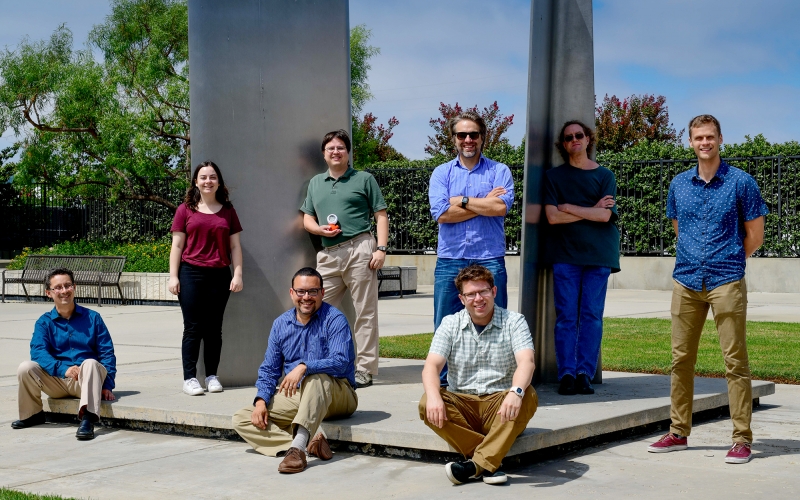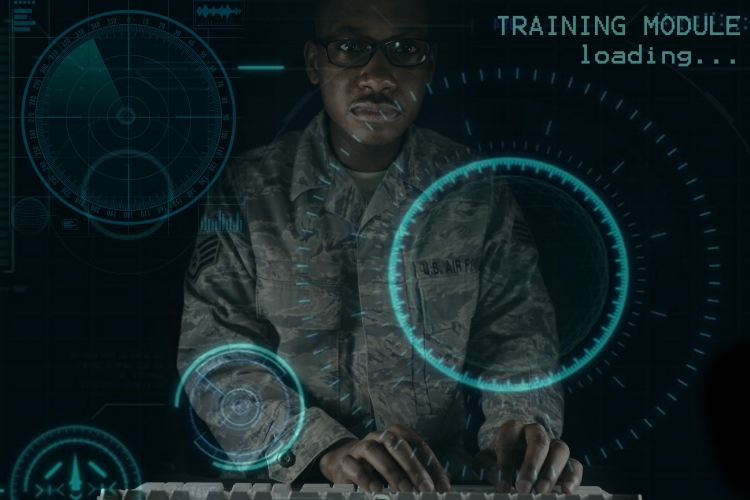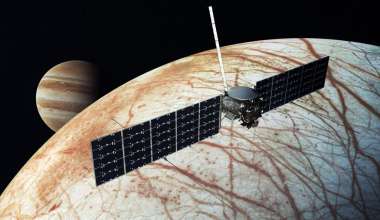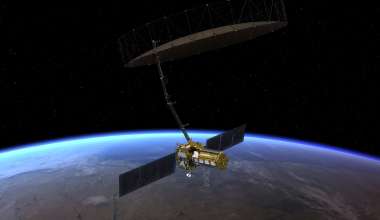
An Aerospace Corporation team of eight engineers has won the Army Rapid Capabilities Office (RCO) Blind Signal Classification Challenge, in which contestants were asked to find innovative approaches to conducting analysis of previously unknown (hence ‘blind’) radio frequency signals using artificial intelligence (AI) and machine learning.
The group, whose members call themselves “Team Platypus,” consists of Esteban Valles, Kyle Logue, Donna Branchevsky, Sebastian Olsen, Alexander Utter, Darren Semmen, Eugene Grayver and Andres Vila. They won the first-place prize of $100,000, beating out 48 other competitors, by correctly detecting and classifying the greatest number of radio frequency signals using AI technologies. Methods used for the competition could expedite and improve ways of identifying signals within the electromagnetic spectrum, resulting in technological advancements that will assist electronic warfare officers on the battlefield.
“In its challenge, the Army RCO released a training set with synthesized data that the teams used to build their algorithms,” said Vila, team lead. “Our goal was to combine the team’s deep history and expertise in advanced satellite communications with our practical knowledge of the latest in machine learning and deep neural networks to provide a best-in-class solution.”
The Army RCO is actively pursuing innovative approaches to fighting adversaries with advanced electronic warfare capabilities in an increasingly defensive electromagnetic environment. Army soldiers are responsible for processing a vast amount of information presented to them on the battlefield. Soldiers must also determine the source and location information of electronic signals via various sensing means, coordinating defensive and offensive operations to defend against electronic attack. AI offers great potential in this area.
“The RCO hopes the technology from the challenge will lead to advancements in how Electronic Warfare Officers identify and react to these signals on the battlefield,” the Challenge.gov page reads.
From a research standpoint, the Army RCO wants to promote innovation and advancement in the area of signal processing. Contestants were required to provide a brief technical paper describing the methodology of the proposed implementation, to include both the model architecture and training process. For this implementation to be unequivocally understood, contestants were obligated to disclose essential source code elements exhibiting the implementation of the model and training process.
In addition, contestants were encouraged to present advanced algorithms and artificial intelligence implementations with a high degree of classification accuracy and performance (e.g., speed of classification, low CPU resource requirement) that would allow for ease of integration within existing systems.
The team’s accomplishment also establishes The Aerospace Corporation as a top performer in the field of AI as it relates to RF problem sets. In fact, Aerospace’s work in this area has already been applied to other customer mission areas. As for future applications, this technology is demonstrating great potential, including a proposed agile first responder radio that can adapt to the local types of radios used in a disaster area and a planned portable system that can correctly identify and characterize radios in the immediate vicinity.









